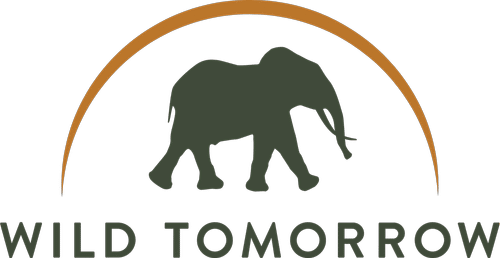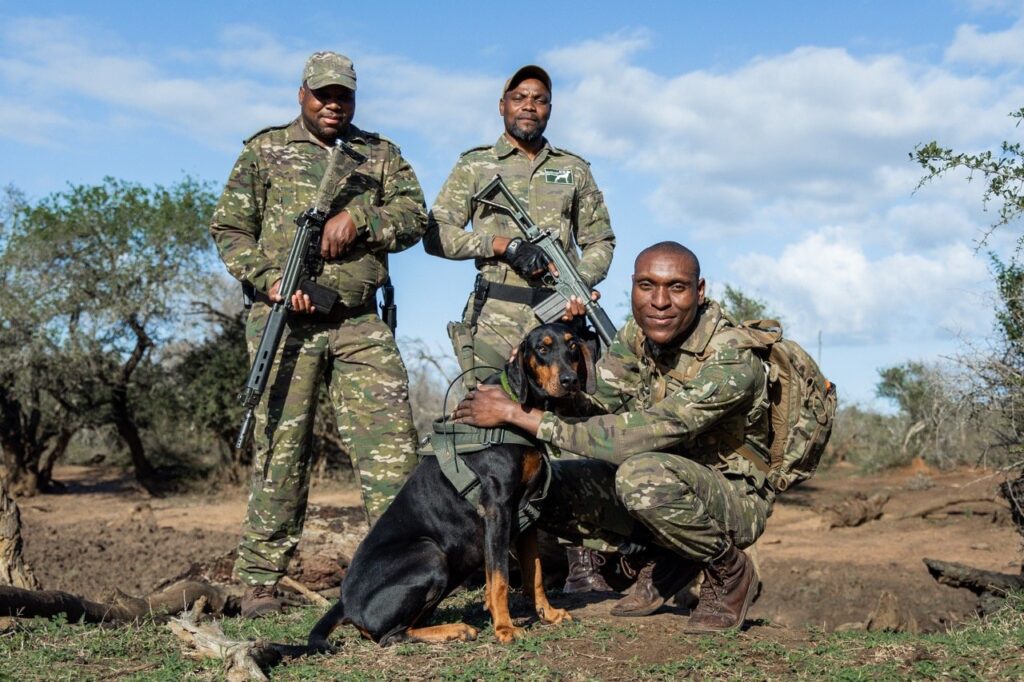Greg Sherwood MW: Wine and the business of philanthropy
By Christian Eedes, 12 March 2025
Around the world, several industries rely on a degree of patronage from wealthy benefactors to thrive. Wine estates, in particular, often rank high on the list of hobby and lifestyle projects into which affluent individuals invest substantial sums – frequently without a realistic expectation of fully recouping their investment. Similar examples include horse racing, motor racing, and much of the art world.
That said, profitable businesses do exist within these sectors, but most operate with long-term financial outlooks regarding capital recovery. While a select group of premium wine producers can generate significant returns – much like elite thoroughbred horse breeders – the industry largely depends on “capital of passion,” where financial gain is not always the primary objective.
A similar dynamic can be observed in international aid. While the stated goal of governmental aid is to improve the lives of the impoverished, political agendas often underpin these efforts. Currently, news outlets across Europe, the U.S., and South Africa are filled with reactions to President Trump’s decision to freeze USAID projects for 90 days pending a full review by his new administration.
Executive Order 14204 suspends aid disbursements to South Africa, citing “egregious actions” by its government. “To effectively implement EO 14204, all bureaus, offices and missions shall pause all obligations and/or dispersion of aid or assistance to South Africa,” reads the cable, signed by the secretary of state, Marco Rubio.
This move is part of a broader reassessment of historical aid funding, as nations increasingly face domestic pressures to redirect resources. Even British Prime Minister Keir Starmer has signalled intentions to cut the UK’s international development aid budget in favour of increased defence spending within NATO.
After years of near-zero interest rates, the era of free-flowing capital is over. Governments and private entities alike are feeling the financial squeeze. As the son of a diplomat and a longtime observer of international politics, I see a deeper shift at play. Many donor countries now perceive their foreign aid efforts – designed to cultivate soft political influence – as yielding diminishing returns. South Africa serves as a prime example, with the ANC government prioritizing its historical ties to Russia, China, and Iran over relationships with the likes of the U.S., UK, and EU and countries like Israel. This behaviour has not gone unnoticed by Western administrations.
This is of course a contentious subject but the decade-long aid projects funded by the U.S., UK, and EU have deeply embedded themselves in South African society, supporting thousands of employees, NGOs, and aid workers. For countless beneficiaries, this international funding serves as a critical safety net – one that the ANC government either cannot or does not adequately provide.
The paradox is striking: while South Africa’s government publicly celebrates its BRICS allies, direct investment and aid from Russia, China, and Iran remain negligible compared to the substantial contributions from the U.S. and UK. The political influence of these non-Western geopolitical actors comes almost for free.
Yet even in challenging times, philanthropy finds a way. There are always success stories to be found – tales that lift the spirit even in the face of adversity. Just this week, I had the great privilege of meeting my old friend Damian Barton Sartorius from Bordeaux.
As the Owner and General Manager of Barton Family Wines, Damian represents the 10th generation of the Barton wine dynasty, which dates back to 1722 when Thomas Barton, a native of Ireland, first arrived on the quays of Bordeaux. Alongside his sister, Mélanie Barton Sartorius, he proudly carries forward this tight-knit family business. However, what is less well known is Damian’s deep passion for South Africa – its wildlife, its landscapes, and its people.

A few years ago, he took this passion to the next level, earning his Game Ranger qualifications in South Africa with the goal of becoming more involved in wildlife conservation and sustainable development in and around the country’s private and national game reserves. Today, that commitment is manifesting through his work with Wild Tomorrow, a nonprofit organization driven by the motto: “Fighting for a wild tomorrow. Today.”
Wild Tomorrow has brought together an extraordinary group of international and local philanthropists, working closely with local communities to fund some of the largest rewilding initiatives in South Africa. Their current projects are focused primarily in the St. Lucia wetlands of KwaZulu-Natal, just south of the Phinda Game Reserve near Hluhluwe.

Over lunch, Damian shared how the project has evolved over the years, offering insight into the behind-the-scenes work being carried out by key figures such as board director Louis Buckworth, an Anglo-Australian now based in the U.S., who also joined the conversation. With a six-star game lodge nearing completion, exciting new commercial opportunities are emerging for a wider range of supporters, sponsors, and backers.
The Wild Tomorrow Fund is only the beginning of something much bigger. Already registered as a nonprofit in the U.S., a nonprofit corporation in South Africa, and a charity in England and Wales, Damian is now actively overseeing the opening of a parallel office in France.
The wine industry and conservation efforts share a deep synergy. Many Cape Winelands properties champion sustainable winemaking while actively supporting wildlife preservation. Wild Tomorrow embodies this ethos, proving that even in uncertain times, passion-driven philanthropy can create lasting impact.
- Greg Sherwood was born in Pretoria, South Africa, and as the son of a career diplomat, spent his first 21 years traveling the globe with his parents. With a Business Management and Marketing degree from Webster University, St. Louis, Missouri, USA, Sherwood began his working career as a commodity trader. In 2000, he decided to make more of a long-held interest in wine taking a position at Handford Wines in South Kensington, London, working his way up to the position of Senior Wine Buyer over 22 years. Sherwood currently consults to a number of top fine wine merchants in London while always keeping one eye firmly on the South African wine industry. He qualified as the 303rd Master of Wine in 2007.








Comments
0 comment(s)
Please read our Comments Policy here.